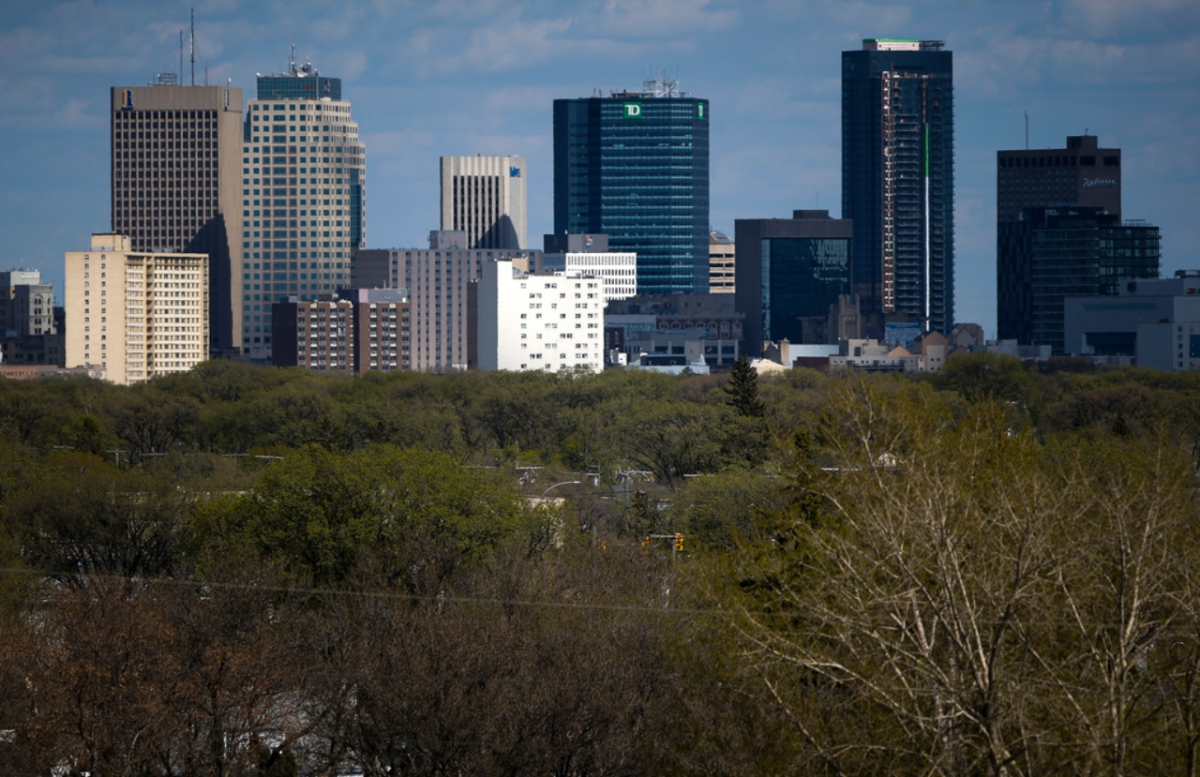Support strong Canadian climate journalism for 2025
The City of Winnipeg is taking steps toward a net-zero emissions future; a committee of council has unanimously approved an ambitious, multibillion-dollar road map, with hopes of getting there by 2050.
The Community Energy Investment Roadmap was commissioned by council in 2020. Meant to accompany the city’s broader guiding documents (OurWinnipeg2045 and the 2018 Climate Action Plan), the road map outlines a series of targets for reducing emissions in five sectors, as well as recommendations to help make the goals of the plan a reality.
The committee also approved a plan to request annual progress reports from each department affected, and a motion to discuss hiring two additional employees to tackle work outlined in the report at the next budgetary consultations.
To read more of this story first reported by the Winnipeg Free Press, click here.
This content is made available to Canada's National Observer readers as part of an agreement with the Winnipeg Free Press that sees our two trusted news brands collaborate to better cover Canada. Questions about Winnipeg Free Press content can be directed to [email protected].





Comments
Will Winnipeg ban backyard burning ie, fire pits?
Are they cracking down on car idling?
If not, they are not really serious about climate change.
Ditto for all communities including London, Ontario who have shiny new climate plans,
but continue to overlook such low hanging fruit.
Net Zero in cities can be achieved, but that means big bold steps, such as to vastly increase electric transit infrastructure and to address car-centric urbanism head-on. Winnipeg is relatively compact, so these initiatives shouldn't break the bank, especially with climate policies and grants flowing down from senior governments.
Next on the list is building energy consumption. Winnipeg has brutal winters -- and glass-clad downtown towers. Innovative new building technology could be enacted through the city's building codes with participation from the province of Manitoba. Passive House tech is quite new in Canada and Winnipeg is an ideal city to foster its expansion. There might be a call to explore large-scale district heating using renewables, like geothermal.
Winnipeg is also a major crossroads where trans-continental railways and highways meet. A high speed rail network will likely congregate there before splitting into the southern Trans Canada / CPR and the northern Yellowhead / CNR legs through the Prairies as the first railways did, and south to Chicago and the Mississippi Valley. A major rail hub station -- an iconic cathedral to transportation -- could be planned to accommodate continental HSR, regional commuter rail and local light rail and buses (all electrified) which would also stimulate downtown development, job growth and the local economy. Freight rail will always use Winnipeg as a marshalling and distribution site.
Winnipeg has the heritage architecture of the Exchange District and a large Indigenous population. These are cultural assets that could be used to further enhance Winnipeg's unique character as it grows.
In any case, this effort should not be focused on the small stuff, like blue boxes, compost and buying a couple dozen electric buses. Think big!